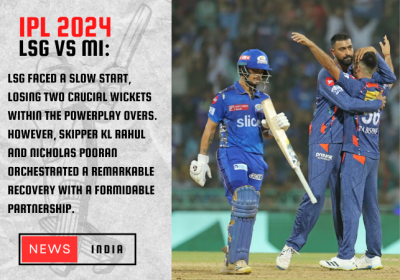UN ASSEMBLY:
India-Pakistan Exchange Verbal Blows at UN General Assembly: A Closer Look at the Rhetoric
In a recent session at the United Nations General Assembly, India and Pakistan were engaged in a war of words, each presenting their version of events, accusations, and rebuttals. The exchange highlighted the deep-seated tensions between the two neighbouring countries, with both sides vehemently defending their positions while dismissing the claims of the other.
Pakistan's envoy, Munir Akram, kicked off the verbal sparring by making several provocative statements aimed at India. He accused India of engaging in a targeted killing campaign in Pakistan, extending to political assassinations in Canada and attempted murders in America. Akram cited a report by The Washington Post, alleging that Indian Prime Minister Narendra Modi endorsed a policy of aggressive action, threatening to enter the homes of India's enemies and eliminate them. These claims, while alarming, lacked concrete evidence and appeared to be part of Pakistan's ongoing efforts to internationalize the Kashmir issue and discredit India on the global stage.
India's Permanent Representative to the UN, Ruchira Kamboj, swiftly responded to Pakistan's allegations, characterizing them as "destructive and damaging." Kamboj emphasized India's commitment to promoting a culture of peace and constructive dialogue, contrasting Pakistan's rhetoric with India's focus on non-violence and cooperation. She underscored the importance of addressing pressing global challenges, such as rising intolerance and discrimination based on religion, echoing Mahatma Gandhi's principles of compassion and empathy.
The exchange at the UN General Assembly mirrored the broader geopolitical rivalry between India and Pakistan, with both countries seeking to shape international perceptions and garner support for their respective positions. Pakistan's attempts to portray India as a belligerent aggressor were met with India's firm rejection of the allegations and a call for constructive engagement.
Meanwhile, The Washington Post's report alleging Indian involvement in a failed assassination attempt further fueled tensions between the two countries. India categorically denied the accusations, dismissing them as baseless and speculative. The incident underscored the complex dynamics of intelligence operations and the potential for misinformation to exacerbate existing conflicts.
In addition to the India-Pakistan exchange, Canadian Prime Minister Justin Trudeau's recent remarks added another layer of complexity to the situation. Trudeau's assertion that Indian agents were involved in the murder of a Canadian citizen on Canadian soil further strained India-Canada relations. India promptly rejected Trudeau's claims, labelling them as unsubstantiated and politically motivated.
Overall, the recent developments at the UN General Assembly and subsequent statements by Indian and Pakistani officials underscored the ongoing tensions and rivalries in South Asia. While efforts to promote peace and dialogue are essential, deep-rooted mistrust and divergent narratives continue to hinder progress towards lasting resolution and stability in the region. As India and Pakistan navigate their complex relationship, the need for constructive engagement and diplomatic dialogue remains paramount to mitigate the risk of escalation and promote mutual understanding and cooperation.






.png)